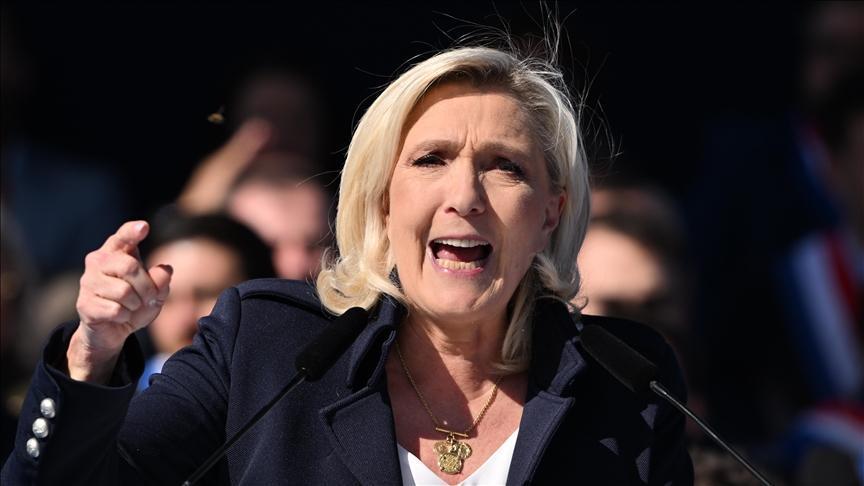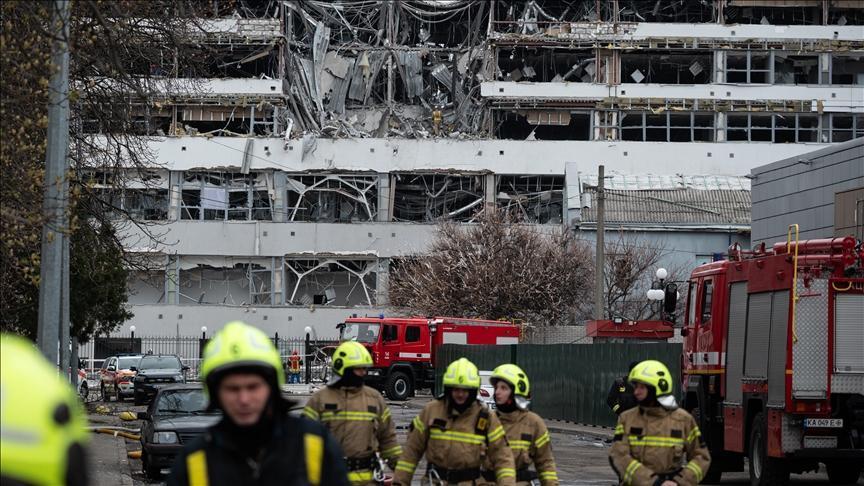Does Turkey have a game plan?
The Justice and Development Party’s (AKP) penchant for creating a crisis in Turkey’s international relations is on parade again. The deployment of a contingent of special forces and 25 tanks in the town of Bashiqa, near Mosul in Iraq, is the latest case in point.
The Turkish troops are ostensibly there to train Kurdish Peshmerga and mostly Sunni Arab fighters against the Islamic State in Iraq and the Levant (ISIL). Ankara says the troops have been there since March 2015 under an agreement secured with the central government, local officials in Iraq’s Nineveh province, and the Kurdistan Regional Government (KRG).
Baghdad, however, says that the latest deployment was carried out without its knowledge and is calling for the immediate withdrawal of the Turkish forces. Iraq’s defense minister maintains that the number of troops sent by Ankara to Bashiqa are more than what is needed to train anti-ISIL fighters.
Iraq has applied to the United Nations Security Council where it can rely on Russian support. Turkey’s allies, who are also permanent members of the Security Council, are not fully backing Ankara either. Washington says this Turkish deployment is not part of the U.S.-lead anti-ISIL coalition. It adds that it is opposed to any foreign military presence in Iraq against the wishes of Baghdad.
The only backing Turkey has is from the KRG and the Sunni officials of Nineveh province. This, however, does not appear enough to legitimize Turkey’s move. Many in Turkey believe it is Iranian pressure which is driving the Iraqi government’s position in this crisis.
Whatever the reason, Turkish forces have clearly outstayed their welcome as far as the central government is concerned.
Various explanations are also being put forth as to why Turkey opted for this deployment at a delicate time such as this. Many wonder if we have another example of a serious miscalculation by the AKP government. Even Öztürk Yılmaz, Turkey’s former consul-general in Mosul, who was held hostage with his staff for 101 days after the city feel to ISIL in 2014, can’t make any sense of this move.
Granted that he is an opposition deputy from the Republican Peoples Party (CHP) now, but his concerns are justified. As Yılmaz has says, it is not clear if Ankara has a coherent plan and knows what its next step will be after this deployment.
Some argue that Ankara is trying to recover some of its strategic losses in Iraq and Syria, due to its gross miscalculations in the past, by tactical moves such as this. In other words, it is putting its foot in the door to be able to say “I am here, too.”
Most countries in the Middle East, however, look on Turkey as an interloper today. These include Saudi Arabia, which is allied with Turkey in Syria out of necessity. Otherwise, it has made its dislike of Ankara’s meddling in the region, especially with its support for the Muslim Brotherhood, apparent in the past.
There are also those who believe Turkey is trying to shore up Iraq’s Sunnis against the majority Shiites. If true, this means Ankara is still wearing its sectarian glasses while looking at various crises in the Middle East. How Turkey can hope to contribute to stabilizing the region with all the speculation regarding its true motives is not clear.
There are other questions that come to mind. For example, what happens if Turkey is drawn into full-scale confrontation in Iraq with ISIL, or Shiite militias vowing now to confront the Turkish troops, or, for that matter, with the Shiite-dominated Iraqi army?
Who will support Ankara given that its ultimate motives in the region remain suspect?
Every step by the AKP government with regard to crises in the Middle East has made matters worse for Ankara, by reducing its regional influence and increasing the threats to Turkey. The crisis with Baghdad is only the latest example and has left many Turks, not just Öztürk Yılmaz, wondering what Ankara’s game plan is if, indeed, it has one…











